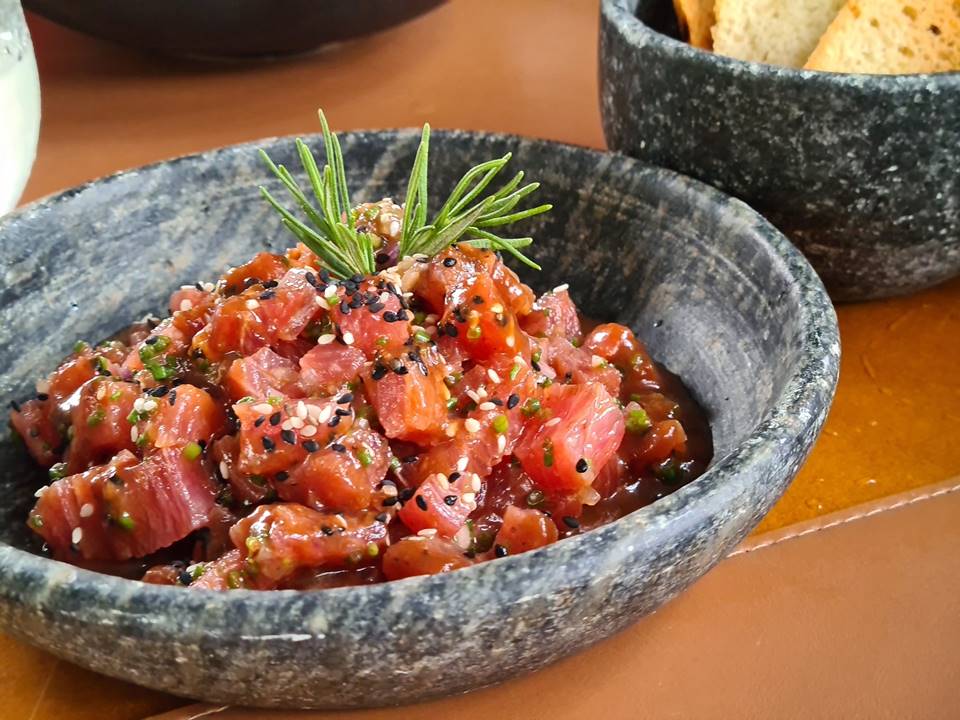
While carbohydrates have become 'persona non grata' when it comes to food, proteins have become the favorites on the menu. The truth is that a balanced diet should contain a good amount of carbohydrates, proteins and fats, in an order that varies depending on each person's circumstances.
However, proteins play a major role in maintaining and building muscle mass. Medical literature and guidelines recommend consuming 1.4 to 2 grams of protein per kilogram of weight to optimize this gain and avoid tissue loss.
In other words: a person who weighs 70 kilograms should eat between 98 grams and 140 grams of protein per day, divided throughout the day. Sources of protein with high biological value are lean meat, chicken, fish, eggs, dairy products, and some vegetables, such as beans, peanuts, soybeans, and others.
Because they are foods that require preparation and dedication, it is common to see people fail to eat them, which may lead to harming their diet and losing weight.
Proteins perform a wide range of functions in the body, so eating small amounts of them can harm many functions. Benefits include satiety, increased metabolism, antibody production, hormonal balance, assistance with hair health and more. It is worth noting that it is not enough to fill yourself with proteins to get good results.
Make smart changes to your diet to lose weight
Getty Images
 To lose weight
To lose weight
Physical activity is essential
Pixabay
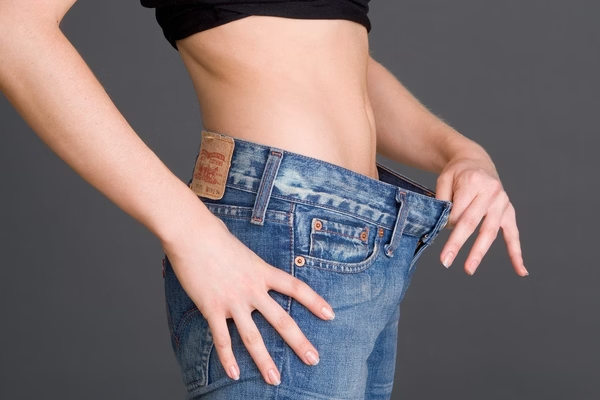 Woman losing weight
Woman losing weight
Remember: the accordion effect causes cardiovascular disease and hormonal changes
Tim Platt/Getty Images
 Avocado for weight loss
Avocado for weight loss
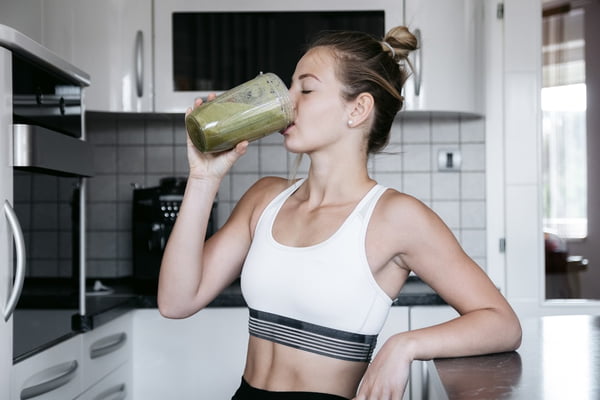 Weight-loss-juice-recipe-end-of-the-year-health
Weight-loss-juice-recipe-end-of-the-year-health
If you want to lose weight, also increase your fluid intake, such as water, juices and tea.
Getty Images
 Weight loss pills
Weight loss pills
Avoid common mistakes that delay weight loss
Getty Images
 Weight loss
Weight loss
How you get a bad night's sleep and exercise too much, which exhausts your body
Pixabay
 Weight loss weight loss diet
Weight loss weight loss diet
Belly fat is dangerous
Getty Images
0
Carbohydrates and fats, in turn, are involved in muscle growth, because they provide energy for training and contribute to muscle recovery.
Keeping this in mind, pay attention to foods that are excellent sources of protein:
Salmon
Rich in proteins and omega-3. According to the National Institutes of Health (NIH), its nutrients strengthen muscles and improve muscle function.
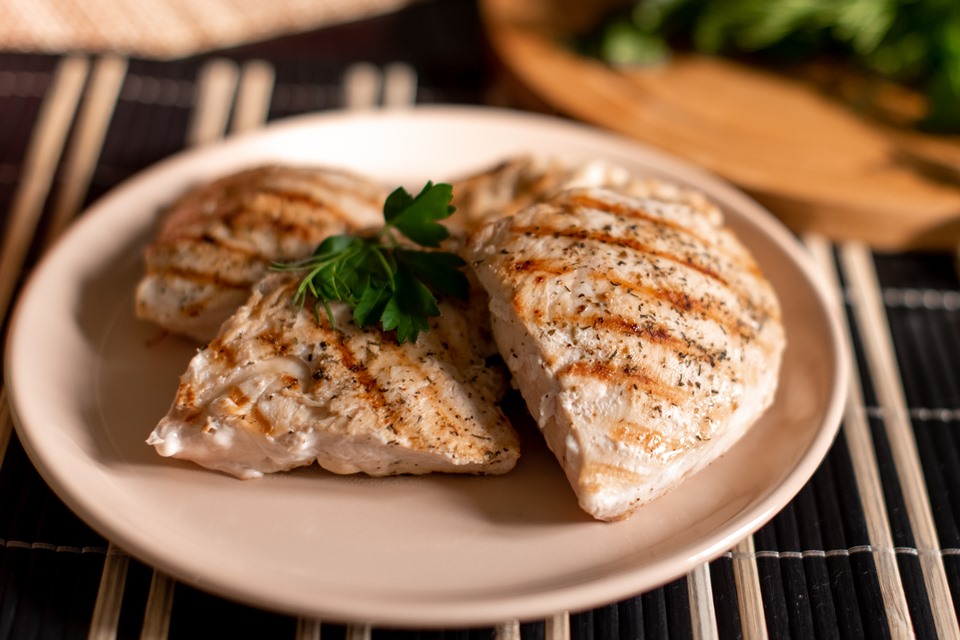
Chicken breast
Chicken is an excellent source of lean protein, and contains a high percentage of protein, in addition to B vitamins, which are necessary for the proper functioning of the body.
Greek yogurt
In addition to the practical aspect, the United States Department of Agriculture (USDA) suggests that it provides twice the protein of regular yogurt, because it contains both slow and fast-absorbing proteins. Before bed or after exercise, it provides calcium and protein which also contribute to health.
tuna
Tuna is also a good source of Omega-3, provides noble nutrients for health and can also be a good ally for gaining muscle mass.
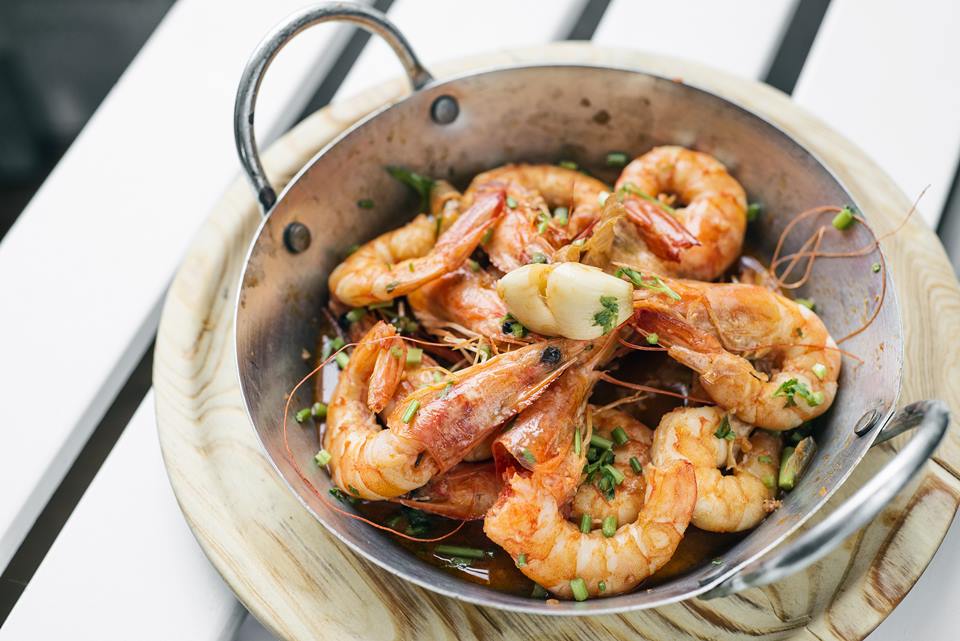
Shrimp
Anyone who thinks shrimp is not a healthy food is wrong. When prepared without added fat, it provides a good amount of protein with few calories. To give you an idea, an 85g serving contains 19g of protein, 1.44g of fat and 1g of carbohydrates.
beans
One of the most prominent sources of vegetable protein, beans contain a good amount of protein, fiber, B vitamins, iron and phosphorus.
Hummus
The bean's cousin can also be a beneficial option when it comes to protein intake. Although it is considered lower in protein than animal protein, it is a good ally in protein intake and building muscle mass.
He is a registered dietitian with a graduate degree in clinical sports nutrition

“Friendly zombie guru. Avid pop culture scholar. Freelance travel geek. Wannabe troublemaker. Coffee specialist.”


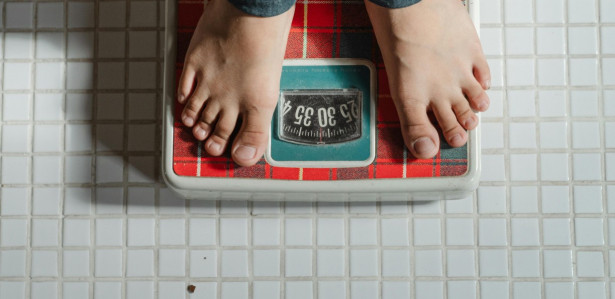



:strip_icc()/i.s3.glbimg.com/v1/AUTH_b0f0e84207c948ab8b8777be5a6a4395/internal_photos/bs/2024/G/7/jVftWLQ4azAQrwLGcy7Q/xoia2.jpg)
